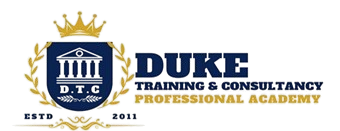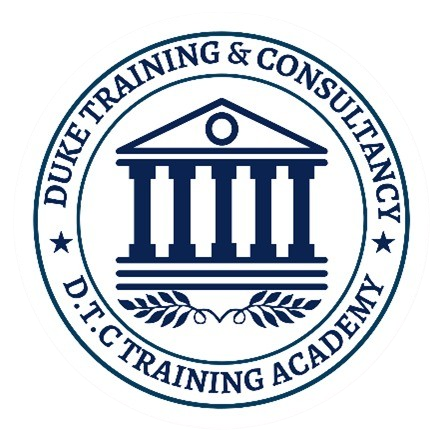Course
Elevating Management Excellence through KPIV and KPOV Mastery
This course is an advanced course designed to equip managers with the knowledge and skills needed to leverage Key Process Input Variables (KPIVs) and Key Process Output Variables (KPOVs) for process improvement and optimization. Participants will learn how to identify, measure, and control critical process variables to enhance organizational performance and achieve operational excellence.
- Understanding KPIVs and KPOVs: Gain a deep understanding of Key Process Input Variables (KPIVs) and Key Process Output Variables (KPOVs) and their role in process optimization and improvement.
- Importance of Variable Selection: Learn how to identify and prioritize critical process variables that have a significant impact on process performance and outcomes.
- Measurement and Analysis Techniques: Acquire skills in measuring and analyzing KPIVs and KPOVs using statistical methods, data analysis tools, and process monitoring techniques.
- Control Strategies: Explore various control strategies and techniques for managing and maintaining stable KPIVs and KPOVs within specified limits.
- Process Optimization: Learn how to optimize process performance by identifying and addressing root causes of variability in KPIVs and KPOVs.
- Design of Experiments (DOE): Understand the principles of Design of Experiments (DOE) and how to apply DOE techniques to systematically investigate and optimize process variables.
- Statistical Process Control (SPC): Develop proficiency in using Statistical Process Control (SPC) tools and charts to monitor process performance and detect deviations from target values.
- Process Capability Analysis: Learn how to assess process capability and performance using capability indices such as Cp, Cpk, Pp, and Ppk.
- Continuous Improvement Culture: Foster a culture of continuous improvement by engaging team members in KPIV and KPOV management and optimization initiatives.
- Leadership and Change Management: Enhance leadership and change management skills to effectively lead process improvement projects and drive organizational transformation.
- Comprehensive understanding of Key Process Input Variables (KPIVs) and Key Process Output Variables (KPOVs) and their significance in process optimization and improvement.
- Ability to identify, measure, and control critical process variables to enhance process performance and achieve operational excellence.
- Proficiency in measurement and analysis techniques for KPIVs and KPOVs, including statistical methods, data analysis tools, and process monitoring techniques.
- Skills in implementing control strategies to manage and maintain stable KPIVs and KPOVs within specified limits.
- Capability to optimize process performance by identifying and addressing root causes of variability in KPIVs and KPOVs.
- Understanding of Design of Experiments (DOE) principles and techniques for systematic process optimization.
- Proficiency in using Statistical Process Control (SPC) tools and charts to monitor process performance and detect deviations from target values.
- Ability to assess process capability and performance using capability indices such as Cp, Cpk, Pp, and Ppk.
- Commitment to fostering a culture of continuous improvement by engaging team members in KPIV and KPOV management and optimization initiatives.
- Enhanced leadership and change management skills for effectively leading process improvement projects and driving organizational transformation.
Managers, team leaders, process engineers, quality assurance professionals, and individuals responsible for process optimization and improvement initiatives.
Suitable for professionals across all industry sectors seeking to enhance process performance and achieve operational excellence through effective KPIV and KPOV management and optimization practices.
- Introduction to KPIVs and KPOVs
- Variable Selection and Prioritization
- Measurement and Analysis Techniques for KPIVs and KPOVs
- Control Strategies for Managing KPIVs and KPOVs
- Process Optimization and Root Cause Analysis
- Design of Experiments (DOE) Principles and Techniques
- Statistical Process Control (SPC) Tools and Charts
- Process Capability Analysis
- Continuous Improvement Culture and Team Engagement
- Leadership and Change Management for Process Improvement

